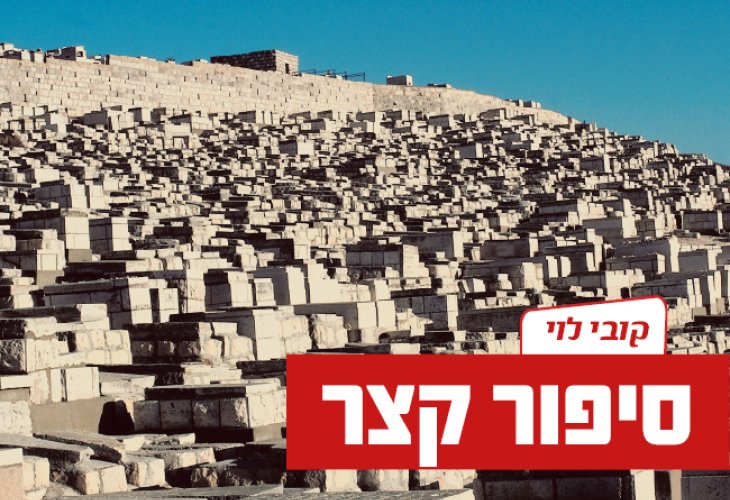Faith
Judaism and the Value of Every Human Life – Clarifying the Rambam’s Law on Killing a Ger Toshav
Why Jewish law strictly forbids harming non-Jews, the Torah’s universal respect for life, and the true meaning behind the Rambam’s ruling on capital punishment
- Daniel Blass
- |Updated

Nathan asks: "I’m growing in my faith, and someone tried to challenge me with a moral question from Jewish law. He showed me that it says in the Rambam (Mishneh Torah, Laws of Murder and Preservation of Life, 2:11) that if a Jew kills a ger toshav (a non-Jew living in the Land of Israel who accepts the Seven Noahide Laws), the Jew is not executed by the court. He claimed this means killing non-Jews is like killing animals…"
* * *
Hello and blessings to you, Nathan, and congratulations on your spiritual growth. May God help you continue to rise and succeed.
When facing such questions, you must always remember that the Torah’s “ways are ways of pleasantness, and all its paths are peace” (Proverbs 3:17). It is truly difficult to understand how anyone could suggest that Judaism takes the prohibition of killing lightly when our holy Torah is the very source that taught the entire world the commandment “Do not murder”!
Regarding “Do not murder,” the Sefer HaChinuch explains: “The prohibition of murder means not to murder any living being in the world.”
Jewish law teaches that stealing from a non-Jew is forbidden, and even stealing their trust is forbidden — how much more so is it prohibited to take a human life.
The Torah, as you know, is the most printed and influential book in the world. Before it, nations lived in extreme moral depravity. The Jewish people, throughout history, sought to avoid unnecessary war with other nations and were the ones who taught the world the value of human life. Without the Torah’s influence, foundational principles like “human dignity and liberty” would not have been established.
In the past century, advanced atheist nations like China, Germany, and Russia abandoned the moral framework of the Torah, and murdered tens of millions of people without a second thought. Without the belief that man was created “in the image of God,” how could one logically argue that human life is more valuable than the life of bacteria or animals? As Abraham said: “Surely there is no fear of God in this place, and they will kill me” (Genesis 20:11).
Regarding the source you cited in the Rambam, the Torah explicitly says: “You shall support the stranger and the resident, so that he may live with you” (Leviticus 25:35). The Talmud (Pesachim 21b) learns from here: “A ger — to give him life is a mitzvah.” The Rambam himself quotes this as law (Mishneh Torah, Laws of Kings 10:13). Moreover, he rules that not only is it forbidden to kill a ger toshav, but there is a positive obligation to heal him free of charge from any illness or injury (Mishneh Torah, Laws of Idolatry 10:3).
In fact, the Rambam states clearly that if a Jew kills a ger toshav even unintentionally, he must go into exile (Mishneh Torah, Laws of Murder 5:3).
It’s also important to understand a key term in rabbinic language: when the Talmud or Rambam says someone is “patur” (exempt), it means exempt from the death penalty, but not exempt from all punishment.
A Jew who murders an innocent non-Jew commits a grave sin. Not only would he face severe earthly punishment (prison or exile), but he has desecrated God’s name, and will also face divine punishment, which, according to our sages, is far harsher than human judgment (Meshech Chochmah, Parashat Mishpatim).
 (Photo: shutterstock)
(Photo: shutterstock)Why is there still a difference in earthly punishment between a Jew who kills a non-Jew, and a non-Jew who kills a Jew?
Consider a kingdom where a top minister or physician of the king commits a crime. He will certainly be punished severely, but the king may choose not to execute him because of his importance to the kingdom. Similarly, in an army, a soldier who disobeys an order may be executed on the spot, but a commander who commits an offense may be judged differently because of the essential nature of his role.
This is not “racism” against the non-Jew, because any non-Jew can choose to accept the Torah and mitzvot and become a Jew himself — just as in a kingdom, anyone can, in principle, be elevated to a high rank if they wish. In Judaism, a person’s importance is measured according to the divine mission they have accepted in the world.
Interestingly, halacha states that if a Jew kills his non-Jewish servant (who is obligated in some commandments), the Jew is executed for it, because the servant has elevated status in creation by accepting mitzvot. The Rambam rules: “One who kills his servant is executed for it, for the servant has already accepted commandments and is part of the heritage of God” (Mishneh Torah, Laws of Murder 2:10).
In conclusion, the Torah forbids killing any human being, and it also teaches the unique spiritual responsibility and mission of the Jewish people in the world.

